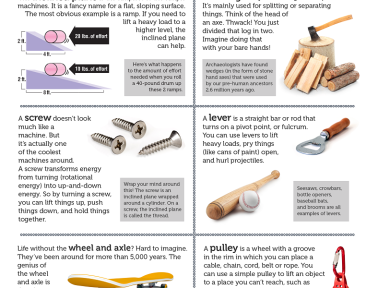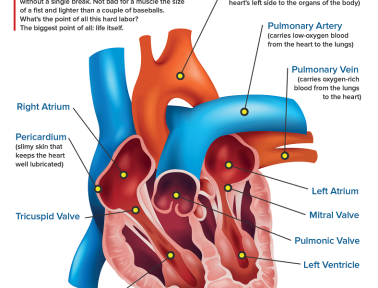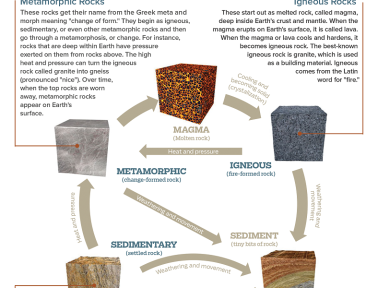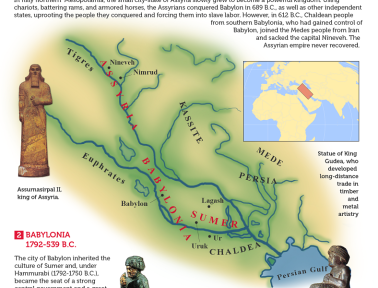The medical professional was running behind (certainly), so I skimmed one of the household publications as I waited in her workplace. Almost immediately I was shocked by an advertisement.
In this picture, a mommy sat with an infant in her lap, both looking (over) enthusiastically at a computer screen as flashcard-like pictures of apples as well as pets as well as the Eiffel Tower danced across the display. In vibrant letters, the ad made even bolder claims, guaranteeing a computer program that would certainly make your (otherwise terribly typical) kid a wizard.
As I’ve pondered on the inspiration and subtext of such an advertisement as well as the program it promotes, I have come to ask yourself if a number of us have a horrible misunderstanding of real knowledge.
As we consider a checklist of skills a youngster ought to master at a certain benchmark, we tend to equate that right into a data in– information out formula.
If the skills graph claims a kindergartener ought to have the ability to “explain three indicators of autumn” we immediately as well as comfortably convert that right into an exercise in accurate repetition. A call-and-repeat format. We inform them: 1-the air gets chillier, 2- the fallen leaves alter shade, as well as 3- the fallen leaves drop. They find out to duplicate all of it back to us.
Three signs of fall: check.
However these kinds of criteria are suggested to stand for the sorts of experiencesa kid ought to have. Experiences that subsequently cause understanding.
If a kid has actually experienced fall– the audio of leaves underfoot on a walk, the subtle clarity of the air in the early morning, and gathering fallen leaves of every dazzling color– thatchild absolutely recognizes autumn, and also can detail more than simply three indications.
A lot of people view knowledge as something sent, like a file download. We inform our kids the truths, they duplicate them, and * boom * they’re intelligent. We think that if we blink a picture of an apple at a young child and obtain her to repeat words, she knows what an apple is. (And isn’t she progressed?)
However does she recognize what the apple feels like in her hand? Does she recognize what it tastes like? Does she know what occurs if you drop it?
Expert system is the intelligence of makers. It’s created in programs as well as generates tools efficient in amazing things. Developers can simply input information, and it’s operable.
However in lots of facets, expert system can not compare with real human intelligence.
It can not reason abstractly, adjust fluidly to new scenarios, develop psychological links, or communicate new ideas artistically. That is the special as well as innovative ability of human knowledge. However do we constantly look for that innovative intelligence for our children?
Do we choose the lower, expert system of repeating programmed details?
Real knowledge requires experience.Knowing something from all angles so that you can reposition the components and also develop a brand-new as well as innovative option. It calls for the ability to reason as well as make connections– connections that are produced by energetic involvement.
I check out just recently that medical schools are facing an unique difficulty. For quite a long time, medical students have learned about the heart and its functions through the old pump example. While it’s quite typical for trainees to arrive at clinical institution without a solid hands-on history with the human heart, numerous had actually had experiences working hands-on with a pump. Since the trainees had actually seen one, used one, fixed one, and/or dismantled one, the connections might be made between the two and also understanding can be sped up.
Today, nevertheless, many students come to clinical institution with a large knowledge of terms and facts, however couple of have real experience with a pump. Instantly the analogy does not have definition due to the fact that there is a lack of experience.
These aspiring doctors really did not need more time with flashcards, they required more time at play.
As moms and dads and instructors, we commonly feel pressure to provide children all the brand-new and also ideal our age of modern technology as well as information needs to offer. However can that go to the cost of real life experience?
A quote from this article reverberates with reality:
I tell parents that the very best toy they can provide their children is themselves,” stated Dr. Khanh-Van Le-Bucklin, M.D., an academic doctor with the University of The Golden State, Irvine, … “No instructional toy, TV program or video can positively affect a youngster’s development like time invested with an engaged as well as chatting grown-up. …Live discussion as well as interaction give children one of the most meaningful experiences.”
In fact, high-tech “discovering playthings” have actually been revealed repetitively to have less educational advantages than human interaction and also traditional play. ( Sources right here as well as here.)
When we checked out facts-based standards, we require to attach those to experiences, not simply information. If children need to have the ability to identify shapes, for instance, we ought to provide experience with blocks and also tangrams, and also talk about them as they hold them and create with them. We should take place shape pursues and also develop photos with shapes. We must review publications about shapes as well as sing tracks about shapes. To simply hold up two-dimensional pictures and run a shape-name drill is seeking a lower, expert system.
I don’t imply to state that there isn’t room for memorization or fast data-recall exercises, yet if that memory isn’t built on experience, it will certainly hold less definition and also be used more rigidly than a principle or idea that has been lived.
Delight me a moment as I take a more individual point of view.
I directly believe that we were created by a absolutelyIntelligent and Divine Being. I’m sure that if He wished to, our Maker can quickly “download” all the knowledge He hopes for us to achieve. However instead, He permits us to learn through experience. Should not we look for the very same for our kids as He provides for His?
Despite personal beliefs apart, we know that children need experience.
Long before the proliferation of the iPad, developing psychologist, William Crain, created of the risk of informing children by just perching them before displays:
The computer system display presents just symbols– words, images, numbers and also charts. The child is revealed to a great deal of information, but the kid receives it on a simply pre-owned, mental level. What does it mean to find out biology strictly from words, images, and also other icons, without initial having rich, personal experience with plant and pet life? Or to discover principles of physics– principles such as rate, pressure, and also equilibrium– without great deals of experience throwing, working, alternating, as well as climbing up? The child finds out signs, yet without the individual, physical, sensory experiences that make the symbols purposeful. The threat is that the child that is learning a good deal for the very first time at the computer terminal is discovering at as well analytical a level. The child is ending up being an incorporeal mind.”
A disembodied mind. That summary has stuck to me for many years.
Decreasing our children to their minds, as empty vessels for the single function of being filled with digitized information. This strategy discount rates not just the wonder of the whole youngster, yet the marvel of the whole planet.
If we want details to be immediately obtained and repeated, we ought to find out computer system programming. However if we want absolutely intelligent youngsters, we require to reduce, give them our time and focus, as well as experience the world together.
Find assistance for advertising as well as maintaining play! Why We Play launching soon! Click here to find out more.”










